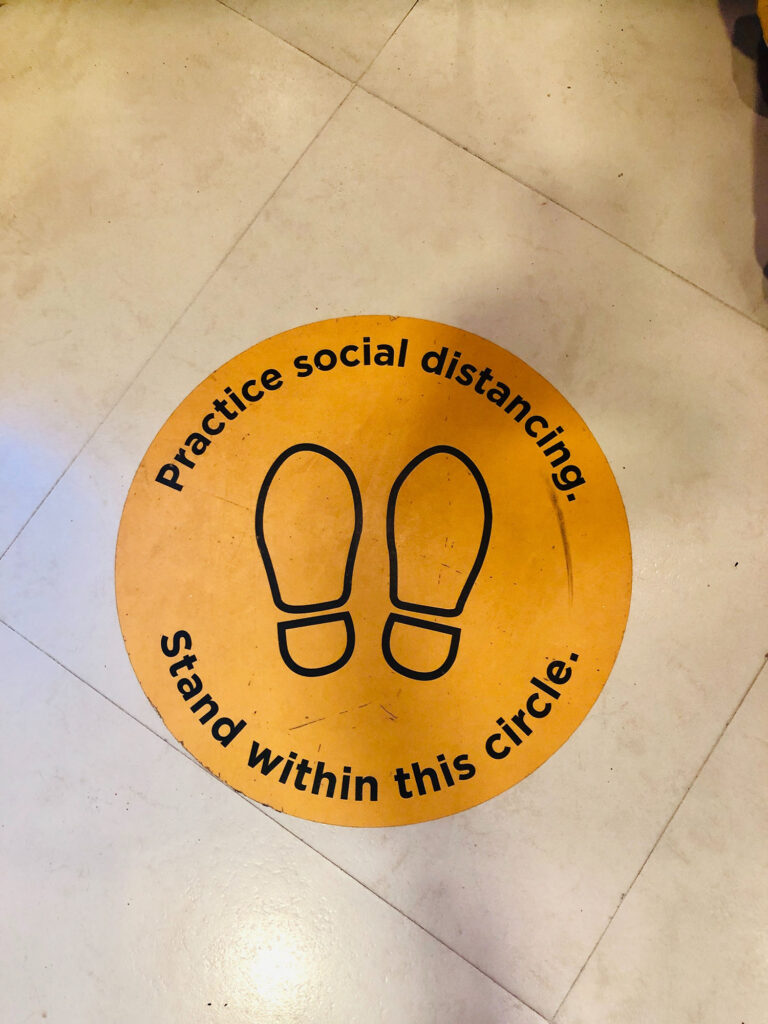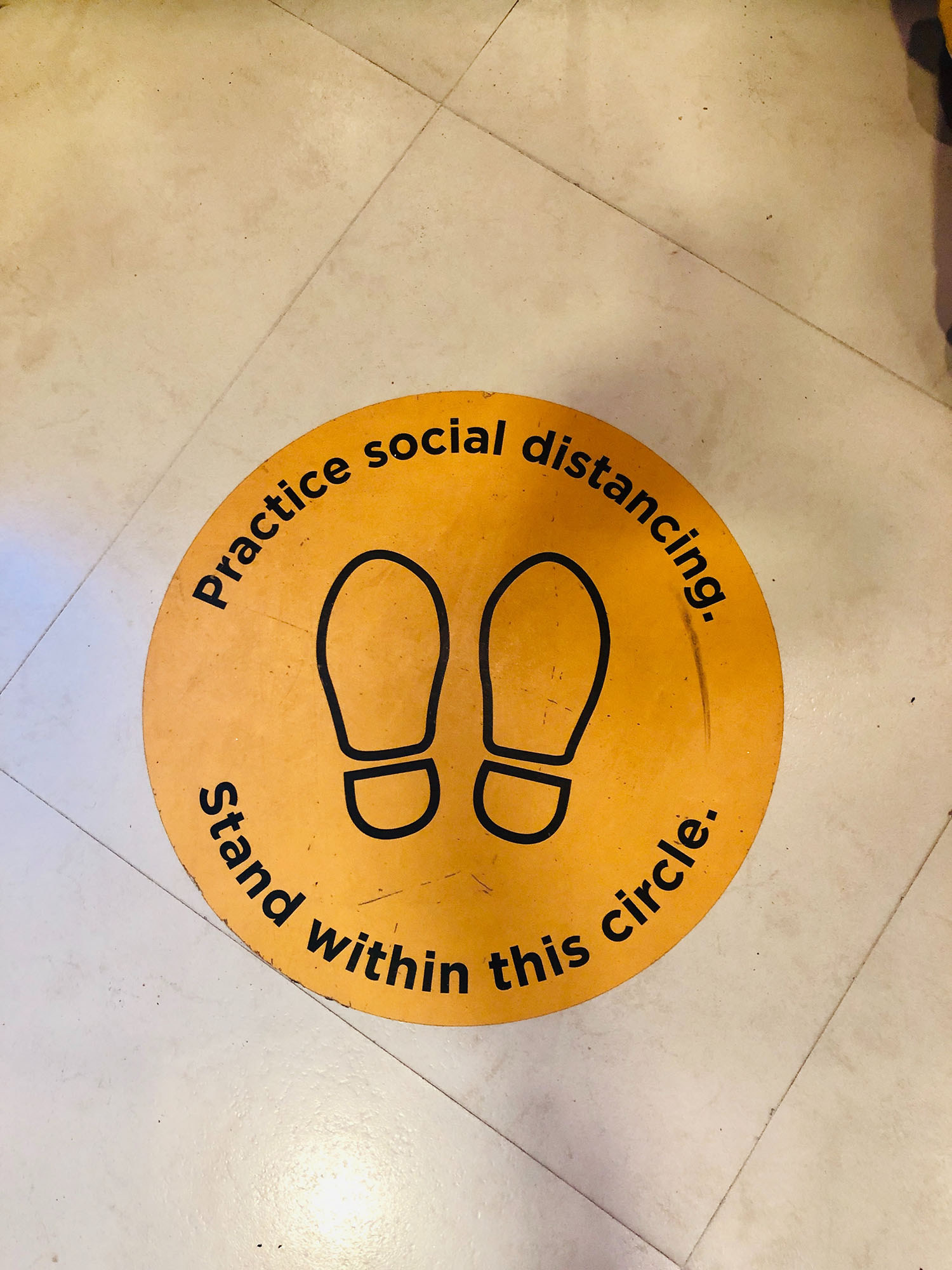I’ve always believed that the news of the demise of the office is premature. It’s not my point that the nature of work requires us to be in an office. A lot of our work can indeed be done from anywhere we like. It’s not about our work. It’s about us.
Since the beginning of civilisation, we’ve worked away from our habitation. We hunted, we fished, we plucked fruit. We grew crops, we reared animals, we built communities. At some point, we figured that we could work well and profitably alongside each other.
Unless you were a king or queen, in which case you could just roll off the bed and summon your court to you. For most of us, though, our ancestors were likely to have been less-privileged folk who had to go out and work for food.
But here we are, cooped up in our cramped palaces, juggling office work in between the housework, the kids’ schools, caring for old parents and cleaning up after our pets. For many of us, the cracks are beginning to show. Life wasn’t meant to be experienced within the confines of 15″-7″ screens – we yearn to go out, to experience the great outdoors, the expanse of the sheltering sky, the scent of freshly mowed grass and listen to the song of the cicadas. (what I really mean is the stinky streets that perpetually smell of garbage, the packed trains, the nausea-inducing start-stop traffic… but then…)
We hope that this will not last long: that Narendra Modi will eventually stop praising himself for how well he is managing the pandemic and the economy, the promise of a vaccine will become a practical reality, there will be less social disruption in our country and the world, the economy will sidestep governments and get back its wings, and that many of our friends will get their jobs back.
Most of all, we want to go back to the world we inhabited before the pandemic. A world that’s fast receding from our lived memory.
But deep down we know that things have changed for good.
The tea leaves – and in our case – the curry leaves have spoken. The accountants have figured out that getting workers to subsidise business will look good in the balance sheets. It’s just a matter of expenses that need to be settled. Pick up the Internet bills, send the workers a table, a chair and a few China-made things with company slogans. People will be happy. If they aren’t, get the social media teams to run selfie contests with the cool gear and watch the sentiment turn around.

No more long-term leases. No need for capital expenditure and real estate. IT infrastructure couldn’t have been easier either – bring a policy that has #futureofwork sprinkled all over, everyone, including the readers of WIRED will be impressed. Look at the big costs that can be whisked away in a few strokes on an excel sheet! It’s a CFO’s dream!
Sensing our disdain, we are discreetly led, online of course, to blogs from workplace futurists where they talk with hashtags about how the future of work is changing. The “workplace of the future” is an industry now, dressed up as an utopia where hierarchy doesn’t exist, where workers will be paid justly, where everyone would be independent, so on and so forth.
But to be fair to them, they don’t mean the future of employment. For that, you need to read up another trending fad called the gig economy.
Would you like to work in Uber-driver mode with your salaries coming in, measured and tallied on an hourly basis? Perhaps you may have to bid for your work? Lowest bid wins.
That’s what it’s going to be. Welcome to the future, powered by SARS-Cov-3.

Leave a Reply